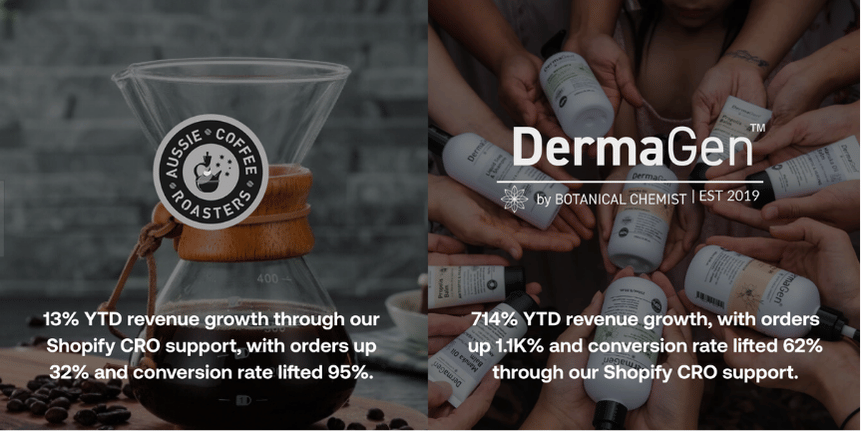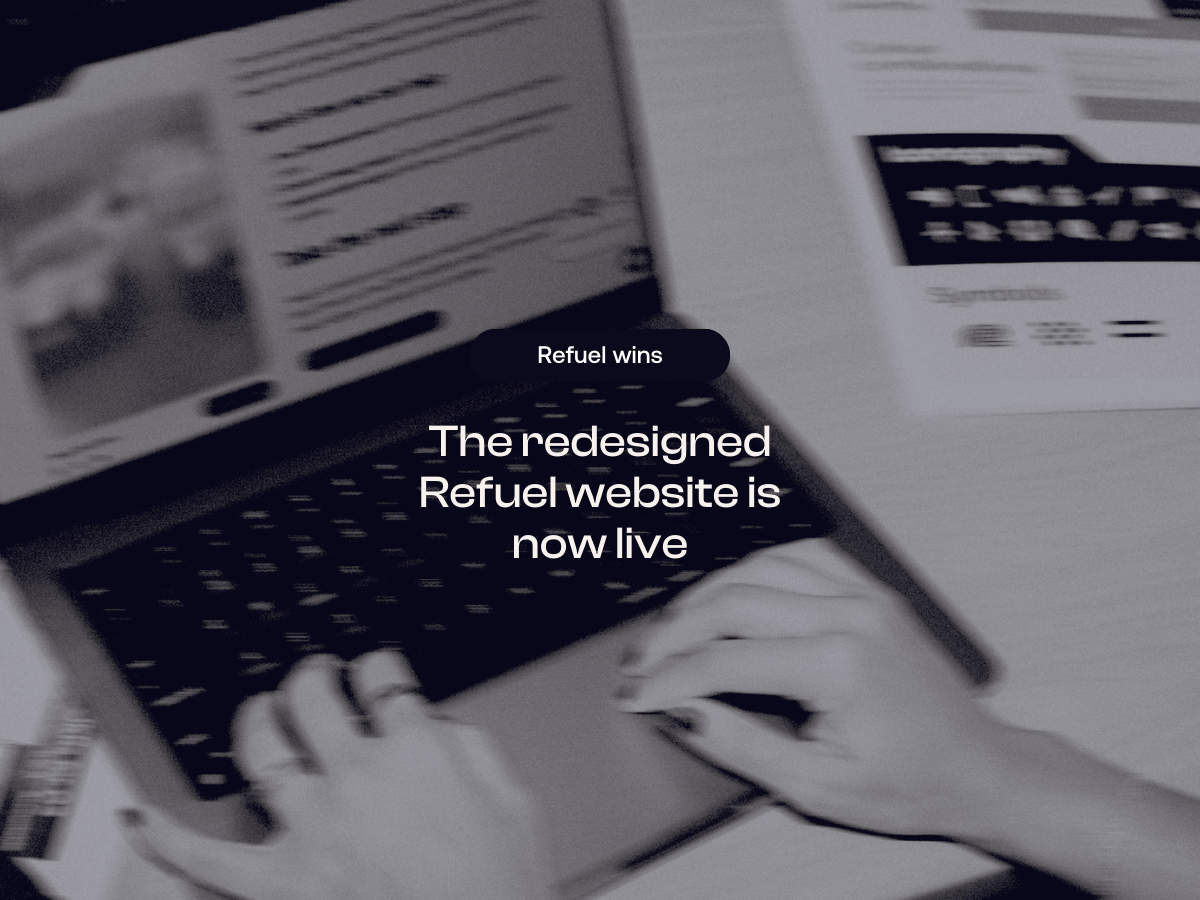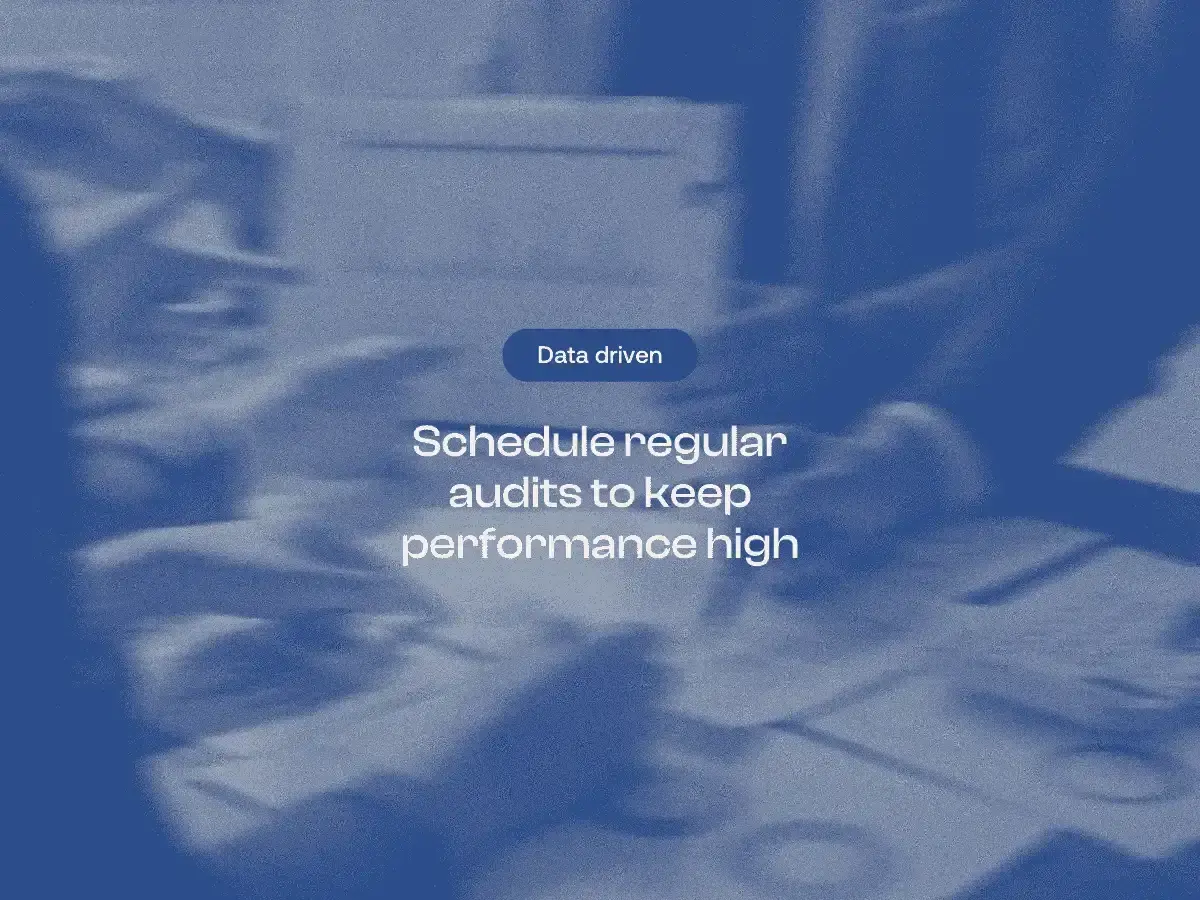Is your eCommerce website holding you back?
%20(1).jpg)
Last updated: 09 December 2025
A good eCommerce website is far more than just a checkout cart. It’s the digital centre of your brand.
Think of it as the glue that holds your entire business together. It functions as one of your most effective online influencers, continually selling your brand’s story, services and products.
For an eCommerce brand, a website is the equivalent of a brick-and-mortar store. So, is your website holding you back? Do you have the right foundation to deliver the experience your customers deserve?
Ticketmaster: The ultimate test of user experience
The ticketing industry highlights the consequences of poor digital platform choices and failure to scale. Brands like Ticketek and Ticketmaster regularly face public scrutiny during major event sales.
The user experience has a reputation for being bad. Most people would rather wait in line at the Ticketmaster booth in the freezing cold than use their website to buy tickets. While customers have no alternative than to use their system, the lesson for every eCommerce brand is profound. The user experience must always come first.
The ultimate stress test took place in November 2022. It often repeats itself during major concerts or AFL Finals.
Taylor Swift's Eras Tour in the U.S. created an extraordinary surge in demand, breaking all previous records. That demand, along with massive bot activity, overwhelmed the Ticketmaster system and it crashed. The result was chaos. Technical glitches, hours-long queues and tickets disappearing from carts.
The failure to manage both real and fake traffic led to lost sales and a public relations crisis. It showed that non-scalable infrastructure can quickly harm a multi-million dollar brand's reputation.
Gymshark: The cost of choosing the wrong platform for scale
This type of scaling failure is not exclusive to massive ticketing monopolies. The story of Gymshark, a British fitness apparel powerhouse, shows what can happen when your foundations aren’t right. They quickly grew their Shopify-based dropshipping business into a successful clothing line.
Amidst rapid growth, they upgraded their website to Magento. The migration took so long that by the time the new platform was ready, Gymshark had outgrown it.
The platform's limitations were brutally exposed on Black Friday in 2018. A non-essential application bug triggered a complete website crash on the highest-traffic day of the year. The financial cost was an estimated US$143k in lost sales… in one day. Afterward, there was a frantic effort to apologise and find a platform designed for unrestricted future growth.
The importance of scaling
Scaling is not an option. It is a must for any eCommerce brand that wants long-term success. A non-scalable business is one that is limited and vulnerable. Here’s why:
Accommodates growth
eCommerce growth is unconstrained by the physical limits of a brick-and-mortar store. A scalable platform helps your internal systems manage growth. This growth can come from more traffic during sales or a steady rise in new customers and products.
A scalable business can handle more online orders and more website visits. It can also create more product offerings without crashing.
Maintaining your customer's experience
The customer experience is the lifeblood of your business. During high-traffic periods, like a sale, a slow or crashing website can be a business killer. If a potential customer encounters an unresponsive site or inaccurate inventory information, they will quickly switch to a competitor.
The Gymshark and Ticketmaster examples show that not providing a smooth experience can frustrate customers. This can destroy their confidence and harm the brand. The damage can last long after the problem is fixed. A scalable platform is your insurance policy for maintaining a consistently positive reputation.
Adaptability
To stay competitive, your eCommerce brand needs to be adaptable and agile.
Scaling your eCommerce website allows you to add new features, such as marketing automation, and upgrade systems like payment processing.
Agility ensures your business can capitalise on emerging trends and meet changing customer demands before your competition does.
Prepare for the unexpected
A successful marketing campaign or a viral product can send traffic soaring and orders flooding in. Without a scalable foundation, this could very quickly turn into a financial and logistical disaster.
Imagine working hard on your latest social media post and it goes viral. You have an increase in people checking out your website and then your website crashes. This leaves potential new customers frustrated and abandoning carts. You quickly go from the brand everyone wants to the brand everyone forgets.
Scalability acts as a built-in safety net. Having the right infrastructure for unexpected traffic or orders helps you handle challenges and benefit from them.
Scalability allows you to dream big, knowing that your website can go big with you.
Smooth growth, seamless adaptation and consistent positive customer experiences is the holy trinity of long-term eCommerce success.
Looking for eCommerce support
We’re here to support you on your growth journey with your eCommerce brand. We’re the experts in performance growth and the eCommerce industry.
With our conversion rate optimisation (CRO) support, which includes ways to improve Shopify websites, we've achieved results for eCommerce brands including:
- 13% year-to-date revenue growth with orders up 32% and conversion rate lifted to 95%
- 714% year-to-date revenue growth with orders up 1,100% and conversion rate lifted to 62%

Get in touch to learn how we can help make sure your eCommerce website is working for you and can withstand scalability.







